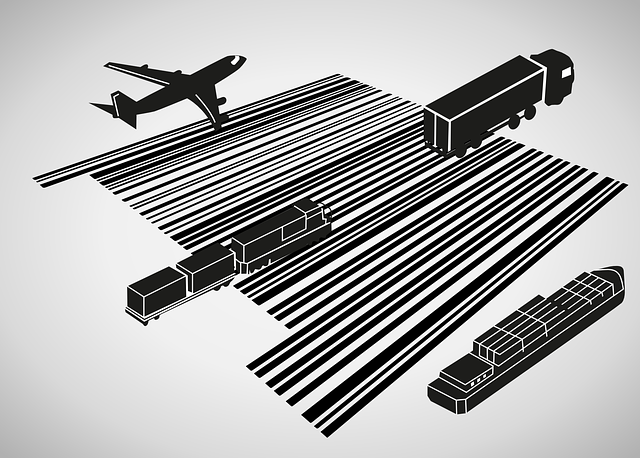

EDI, Web-EDI, Supplier Portal: Understanding the Differences to Better Manage Your Supply Chain
Simplifying without losing performance
Supplier communication is at the heart of every supply chain.
Between EDI, Web-EDI, and supplier portals, there’s no shortage of digital tools — but they don’t all serve the same purpose.
Understanding what each one brings, and where they fall short, is key to building an efficient collaboration model.
EDI: the backbone of structured data exchange
EDI (Electronic Data Interchange) has long been a cornerstone for industrial and retail supply chains.
It automates the exchange of key documents between systems — purchase orders, invoices, shipping notices — without human input.
👉 The value: reliable, standardized, and fast communication across large transaction volumes.
👉 The limit: it only works within predefined scenarios — no real-time updates, no exception management, and no access for suppliers without EDI capabilities.
In short, EDI is a great tool for automation, but not for collaboration.
Web-EDI: opening EDI to more suppliers
Web-EDI emerged as a way to make EDI more accessible.
Suppliers who aren’t equipped for EDI can log in to a web interface connected to their customer’s EDI system.
It’s an inclusive approach — lightweight, low-cost, and perfect for onboarding smaller suppliers.
But like traditional EDI, it’s focused on document transfer.
The moment something unexpected happens — a delay, a schedule change, a shortage — the collaboration often shifts back to emails and spreadsheets.
Supplier portal: from data exchange to real collaboration
A supplier portal takes a completely different approach.
Instead of just exchanging documents, it aims to centralize communication and coordinate operations between all stakeholders.
Suppliers can confirm orders, upload documents, update shipping details, and work directly with internal teams in real time.
The goal is not just to send the right data, but to make sure everyone acts on the same version of reality.
Winddle: the collaborative supplier portal
Winddle represents this new generation of supplier collaboration platforms.
👉 How:
- By connecting data from all sources (EDI, Web-EDI, API, email, manual input)
- By turning that data into visible, actionable supply chain flows
- By enabling teams and suppliers to collaborate instantly on delays, changes, and priorities
The result: unified visibility and faster decision-making — without disrupting existing systems.










